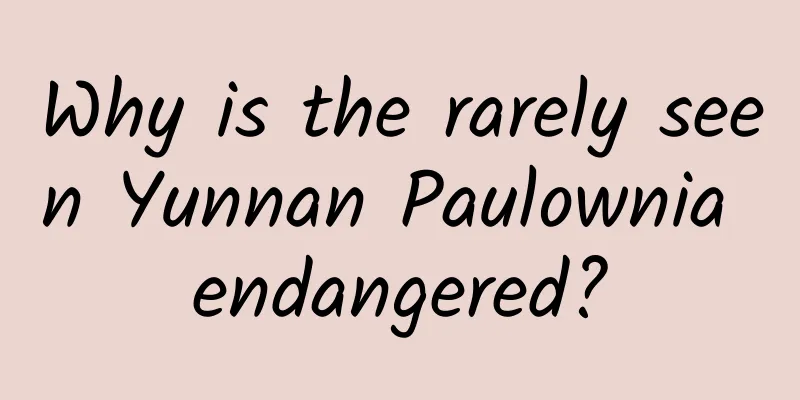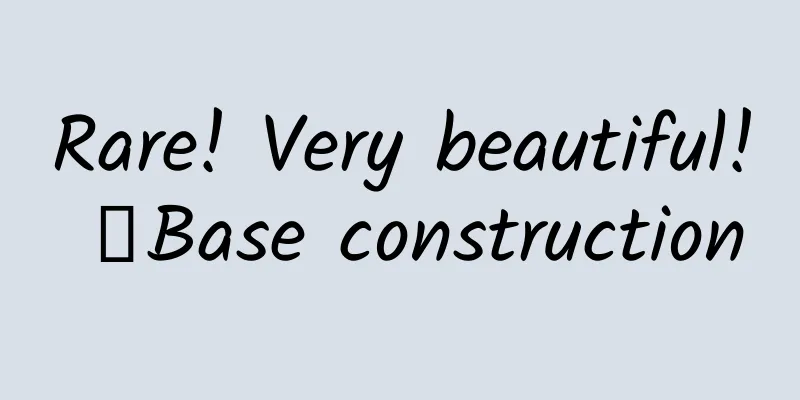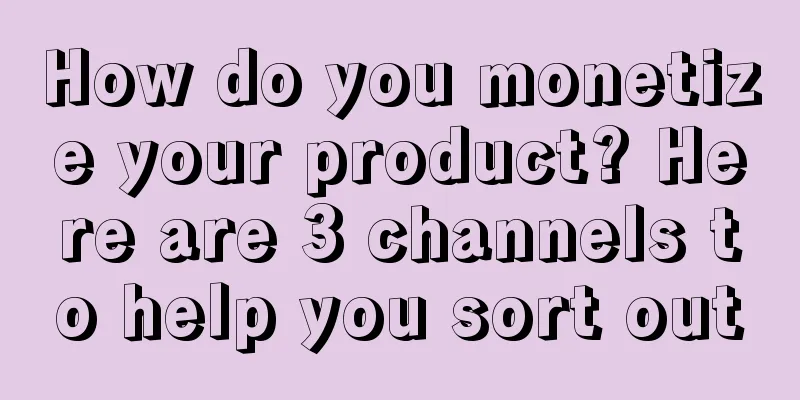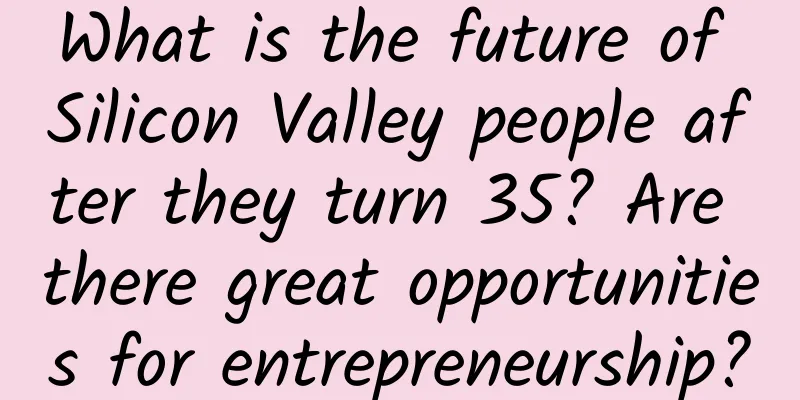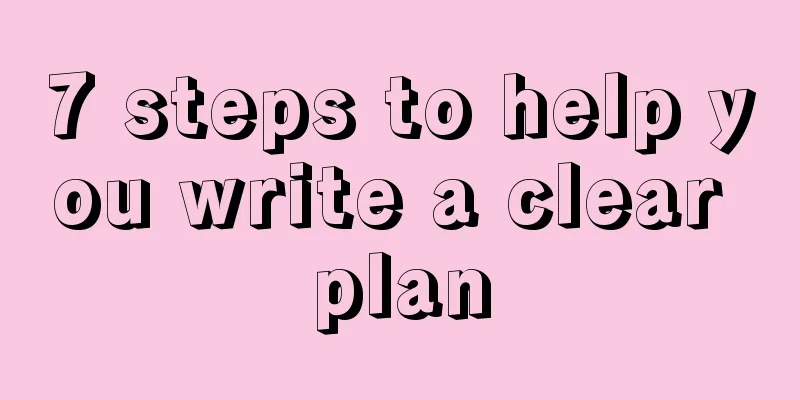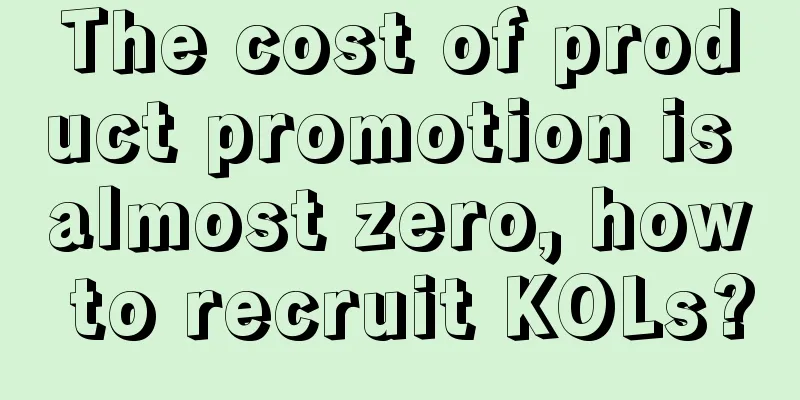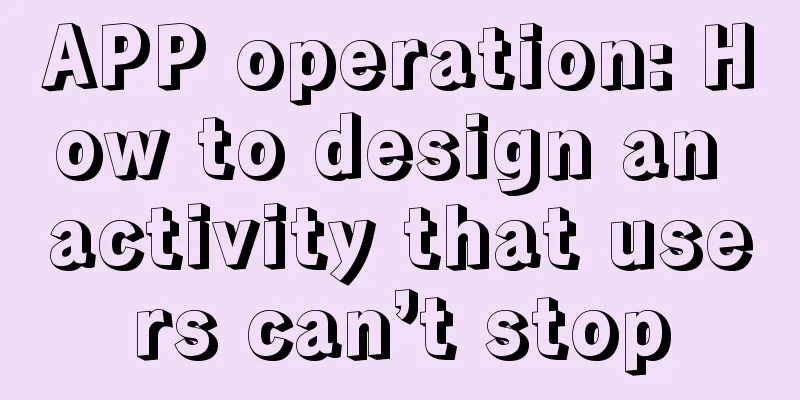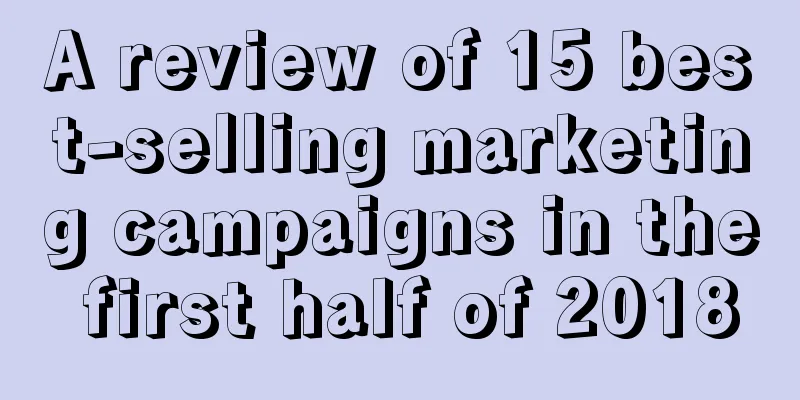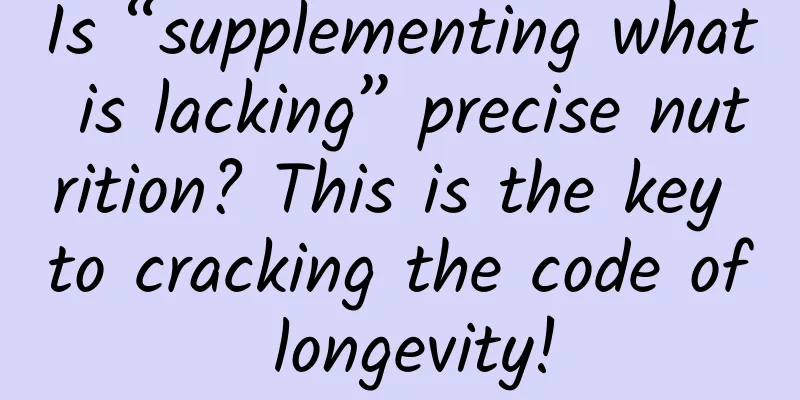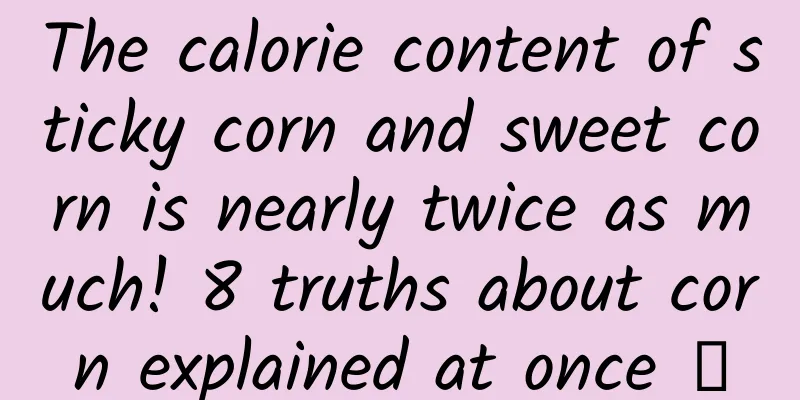More than 500 experts participate in the App Store review process; less than 1% of rejected developers file an appeal
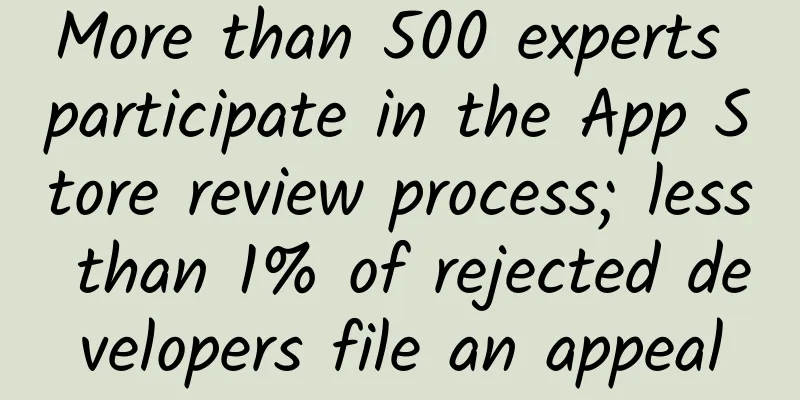
|
As the Epic Games vs. Apple court case progresses, we’ve learned more details about the internal discussions between the companies about business models, etc. More information about the App Store review process has been revealed with the testimony of Trystan Kosmynka, one of the heads of the App Store. In a new filing for the trial, Kosmynka detailed that about 5 million apps are submitted to the App Store each year, and the app rejection rate is less than 40%. In 2019, 4,808,685 apps were submitted to the App Store review process, of which 36% - or 1,747,278 - were rejected. According to Kosmynka, of these rejected apps, about 215,000 violated Apple's privacy guidelines in some way. Every app submitted to the App Store first goes through static and dynamic analysis to detect whether the app violates any App Store rules or uses private APIs. There is also a step in the process to check whether the app is similar to another app in the App Store to avoid scams or knockoffs. Then there is the manual review process, where more than 500 people work to review about 100,000 apps per week. As shown in the figure below, they can use multiple Apple devices to test these apps. If an app is rejected, Apple will notify the developer, stating the reason why the app was not approved for the App Store. The developer can resubmit the app after fixing the errors pointed out by Apple, or contact the company to appeal the rejection decision. However, Kosmynka said that less than 1% of developers appeal the rejection of their applications. Apple has been widely criticized for the way it handles third-party apps on iOS, as the company has been accused of using its power in the App Store to its own advantage and hurt potential competitors. While Apple says it is focused on privacy and security, one of Epic's arguments is that the company fails to review every app submitted to the store because deceptive apps are out there. Emails released during testimony by App Store VP Matt Fischer show that Apple provided special API access to some major developers and companies, including Hulu. Meanwhile, it will be difficult for Epic to prove in court that the App Store's in-app purchase system is an abuse of monopoly power, as a recent analysis of the case outlined. |
Recommend
How to promote Xiaohongshu, and what to pay attention to when taking notes on Xiaohongshu!
When it comes to Xiaohongshu’s promotion methods,...
Will you avoid getting a suntan if you use a parasol? Buying the wrong one or using it incorrectly will ruin your sunscreen
Sunshade is an essential tool for many people to ...
Geely Auto Financial Report: Geely's total revenue will reach 240.2 billion yuan in 2024, a year-on-year increase of 34%
Geely Auto released its 2024 and Q4 financial rep...
Can "sugar-control rice" really control blood sugar? Steaming ordinary rice in this way can also help you stabilize blood lipids and blood sugar
Rice is an important staple food on the table and...
What is Mobike’s user operation strategy?
I think you must be familiar with shared bicycles...
Chen Xudong: I have repeatedly asked myself what it takes to be successful at Magic Factory
Earlier this month, Zhou Hongyi gave Lenovo's...
How much does it cost to be an agent for a car mini program in Hexian County?
How much does it cost to be an agent for a car mi...
Traffic generation promotion framework
I have shared cases about fission drainage before...
How to load local video cover in Android
There are many ways to load the cover (usually ca...
Information flow effect is not good? Maybe you didn’t do a good job of business analysis丨Attached is the latest case study
An experienced pitcher may know how to package th...
Zhou Peiyuan: Defining the coordinates of life based on national needs
Zhou Peiyuan is one of the founders of modern mec...
Worth collecting: 70 common mistakes in operations!
Introduction : Whether you are a newcomer or a ve...
Meizu partner product bong X review: a very elegant smartwatch
Yesterday afternoon, the Meizu MX5 mobile phone h...
A practical course on personal IP in the food industry. For ordinary people, selling food and snacks is a very close option to monetization.
A practical course on personal IP in the food ind...
